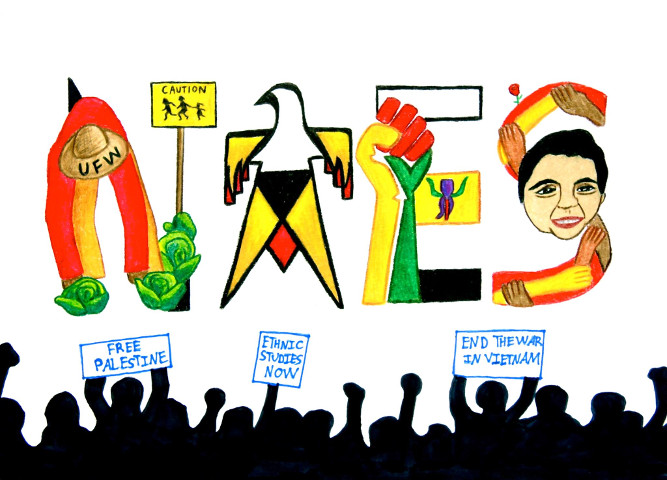Explorations in Ethnic Studies

Orginal Publication Date
1991
Journal Title
Explorations in Ethnic Studies
Volume
14
Issue
ees/vol14/iss1
First Page
5
Last Page
16
Abstract
The 1960s brought the promise of a new era of social justice for all Americans. Indeed, the overturning of official, state-sanctioned racial structures was a watershed in national life. During the 1970s and 1980s, however, the earlier momentum of the civil rights period dissipated as the end of the postwar economic expansion ushered in a crisis of American culture and polity. "Symbolic racism" emerged as a powerful political and ideological instrument to buttress resistance to racial and ethnic equality. During the 1980s, a Reagan administration antagonistic to the aspirations of minorities and the working classes in general was able to impose an array of policies (and a discourse) on the nation which polarized ethnic groups and classes even more rigidly. In Reaganism, one sees the congruence and power of symbolic racism and class-targeted economic policy, the capacity of elite forces to carry out economic restructuring at the cost of minority equality. What the post-civil rights period has largely done is to stack the American deck against African Americans and Hispanics.
Rights
Copyright, ©EES, The National Association for Ethnic Studies, 1991


